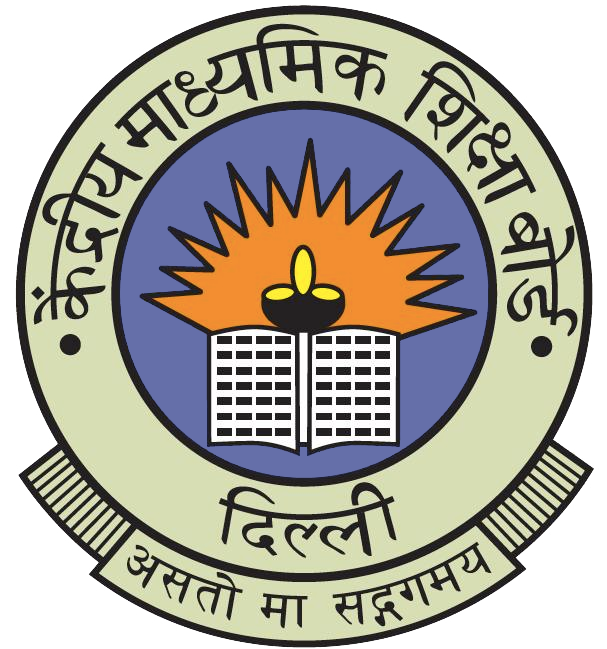Government to Employ CBSE-Type Board for Skills Training of the Youth
NEW DELHI: Finally the government is working to set up an examination board to benchmark vocational training in the country. This is being done with a purpose so as to bring skill development in line with international standards.
The labour and employment ministry is framing the structure and role of the proposed board. It is drawing from the experience of the Central Board of Secondary Education, as CBSE does the curriculum setting, conducts examinations and regulates the quality of secondary education in the country.
A senior official of the ministry told the media, “Examination system is most critical to benchmark skilled and semi- skilled workers against the best in the world.”
“We plan to set up a separate examination board to make the entire process more robust, transparent, and match the international standards for vocational training. Thus we will eventually enrol youths in the Skill Development Initiative.”
Once the central board is in place, then it would be entrusted with the responsibility to decide on curriculum, the mode of examination and the certification at different levels of training.
In his budget speech, Arun Jaitley, the finance minister had announced a new national programme, named Skill India, which impart employability and entrepreneurship skills to youth by merging various schemes from across ministries.
India, today has the world’s youngest workforce with over 12 million new entrants in the labour market every yea. However it is short on skills as only 2.5% of the employees have any certified abilities.
As a result, country’s demographic dividend has not materialised because industry is unable to find employable workers. This is a situation that could lead to socio- economic unrest if youth remain unemployed and have no training avenues.
The labour ministry has already introduced semester system of examination to avoid negligence both on the part of teachers and students, a majority of whom had been enrolling themselves only towards the end of the courses.
Besides all this, it has made re- affiliation of trades compulsory every 5-year, revamped curriculum and provided rigorous training to principals and teachers to professionalise the exam system, along with introducing flexi MoUs for employers to decide on the kind of skills needed.
